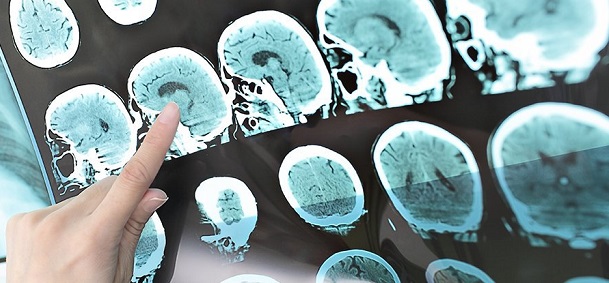But there`s a catch - the treatment is so severe, it caused one fatality, so the team behind it is now working on refine the drugs and procedures involved to make them safe for all MS sufferers.
The new treatment was actually discovered by accident by a team at the Ottawa Hospital Research Institute in Canada, through their work with patients diagnosed with both leukemia and multiple sclerosis.
One way of tackling the cancer is by extracting bone marrow cells, killing off the remaining immune cells, then injecting the bone marrow (once purged of cancer) back into the body to repopulate the immune system.
It turns out this immune system `reboot` is also very effective at fighting MS. The disease causes the immune system to attack the protective coating that shields nerve cells in the brain, spinal cord, and nervous system. And after noticing the positive results on the condition in leukaemia patients, the researchers decided to trial the new technique just on MS patients, to try to flush out the immune system and effectively start again.
The treatment is designed to stop the progress of MS, but in many cases, it`s actually reversing the progress of the disease, suggesting that the nervous system can sometimes repair itself after MS takes hold, reports Clare Wilson for New Scientist.
The trial began in 2000, and overall, 17 of the 24 people involved in the study saw their MS halted or reversed.
It`s not an easy treatment to undergo, because of some rather dramatic and debilitating side effects, and it`s currently only being offered to those with severe MS – patients who are essentially left without a functioning immune system for a period of time. That said, its potential is huge if doctors can figure out how to make it safer.
"Everyone is hesitating to use the `c word`, but these patients are cured," senior scientist Michael Rudnicki of the Ottawa Health Research Institute in Canada, who wasn`t directly involved in the research, told Vox.
"[One of the trial patients] Jennifer Molson was in a wheelchair in a rehab centre, unable to work. And now she`s skiing, she`s working, she got married, got her driver`s license. I think this is going to be the new standard of care for progressive MS."
"I took a leap of faith," Molson told New Scientist. "I felt like I would be kicking myself if I didn’t take this chance."
Currently, MS treatments involve trying to limit the effects of MS and reduce the number of flare-ups, though they`re not a cure, and don`t work for all patients. At this point, scientists still aren`t sure why MS causes the immune system to attack the nerve cells, but think the reboot might wipe such programming from its memory.
More about:
















































